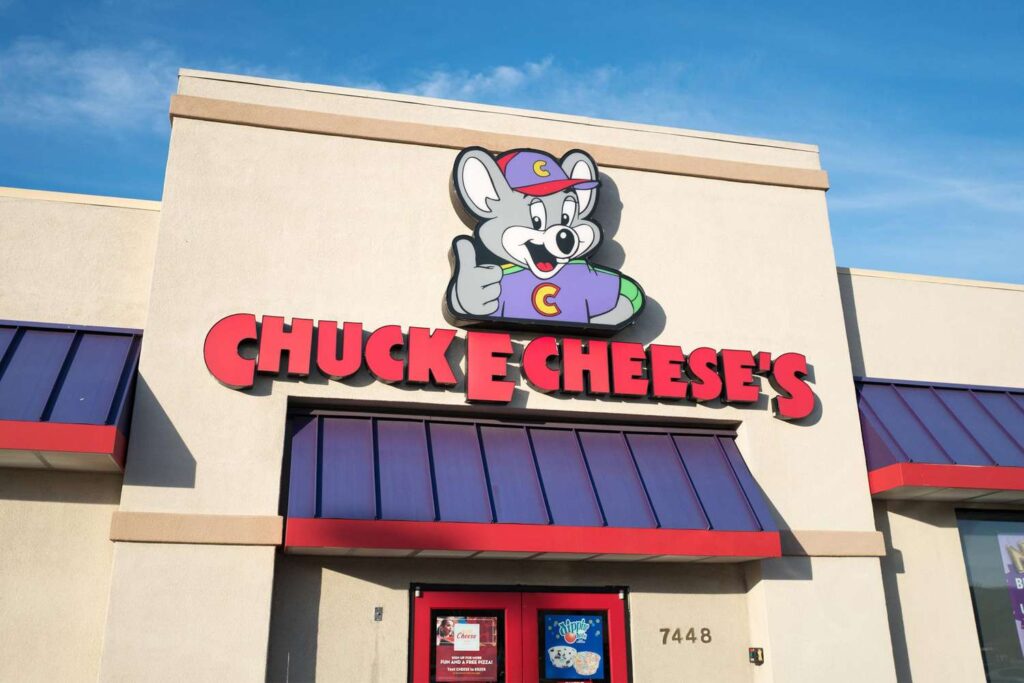Introduction
In the ever-evolving world of business, one name consistently stands out as a paragon of cost-effective strategies and sustainable growth: Costco. This wholesale retail giant has redefined the way businesses operate by consistently providing high-quality products at unbeatable prices. In this article, we’ll delve into the intricate web of business operations and discuss how Costco has mastered the art of managing business costs, ultimately leading to its phenomenal success.
Costco: A Brief Overview
Before we plunge into the nitty-gritty of business cost management, let’s take a moment to understand the powerhouse that is Costco. Founded in 1976, Costco Wholesale Corporation has grown to become one of the largest and most successful retailers in the world. With a relentless focus on efficiency, customer satisfaction, and employee welfare, Costco has managed to achieve what many companies only dream of – sustained profitability and growth.
The Costco Model
Costco operates on a unique business model that sets it apart from traditional retailers. This model is a blueprint for how businesses can effectively manage costs while still delivering exceptional value to their customers. Let’s explore some of the key components of the Costco model.
Membership-Based System
Costco operates on a membership-based system, which provides a steady stream of income and customer loyalty. Memberships create a sense of exclusivity, enticing customers to return for the benefits of shopping at Costco. This not only ensures a constant flow of revenue but also allows the company to maintain a strong customer base.
Limited Product Selection
Unlike other retailers that offer an overwhelming array of products, Costco limits its selection to a carefully curated range of items. This strategy not only reduces inventory costs but also enables the company to negotiate better deals with suppliers, thanks to bulk purchasing. The limited selection also simplifies the shopping experience for customers, enhancing overall satisfaction.
Private Label Brands
Costco places a significant emphasis on its private label brands, such as Kirkland Signature. By offering high-quality, Costco-branded products at lower prices, the company can control costs more effectively and pass on the savings to customers. Private label brands also strengthen customer loyalty, as shoppers associate them with value and quality.
Efficient Supply Chain Management
Costco is renowned for its efficient supply chain management. The company minimizes transportation costs by using regional distribution centers and keeping a tight control on its supply chain. This not only reduces costs but also ensures that products reach stores quickly, maintaining freshness and availability.
Employee Welfare
Costco’s commitment to its employees is a cornerstone of its success. The company pays higher wages than most retail competitors and offers benefits like healthcare and retirement plans. Happy employees lead to lower turnover rates, improved customer service, and ultimately, lower recruitment and training costs.
Minimal Advertising
Costco spends considerably less on advertising compared to its competitors. Instead, it relies on word-of-mouth marketing and the reputation it has built for quality and value. By avoiding extravagant advertising costs, the company can offer lower prices to customers.
Costco’s Competitive Advantage
Now that we’ve examined some of the key elements of the Costco model, let’s explore how these strategies give the company a competitive edge.
Lower Operating Costs
By limiting product selection, streamlining the supply chain, and reducing advertising expenses, Costco significantly lowers its operating costs. This enables the company to pass on the savings to customers in the form of lower prices, attracting cost-conscious shoppers and driving sales.
Enhanced Customer Loyalty
Costco’s membership-based system fosters strong customer loyalty. Members are willing to pay an annual fee for access to exclusive deals and a superior shopping experience. This loyalty ensures a steady flow of revenue and repeat business, further contributing to the company’s bottom line.
Supplier Relationships
Costco’s ability to buy in bulk and maintain long-term relationships with suppliers allows the company to negotiate favorable terms and lower wholesale prices. This competitive advantage directly benefits customers by providing them with quality products at affordable prices.
Brand Trust
The Kirkland Signature brand, along with other private label products, enjoys a high level of trust among Costco customers. Shoppers recognize these brands for their quality and value, which keeps them coming back to Costco for their everyday needs.
Employee Productivity
Costco’s investment in employee welfare pays off in terms of productivity and customer service. Well-compensated and satisfied employees are more likely to go the extra mile to assist customers, resulting in higher customer satisfaction and retention rates.
Conclusion
Costco’s success in managing business costs and delivering value to customers serves as a remarkable case study for businesses worldwide. The company’s innovative approach, from its membership-based system to its efficient supply chain management, has paved the way for sustainable growth and profitability. In the fiercely competitive world of business, emulating Costco’s cost-effective strategies can be the key to achieving long-term success.

